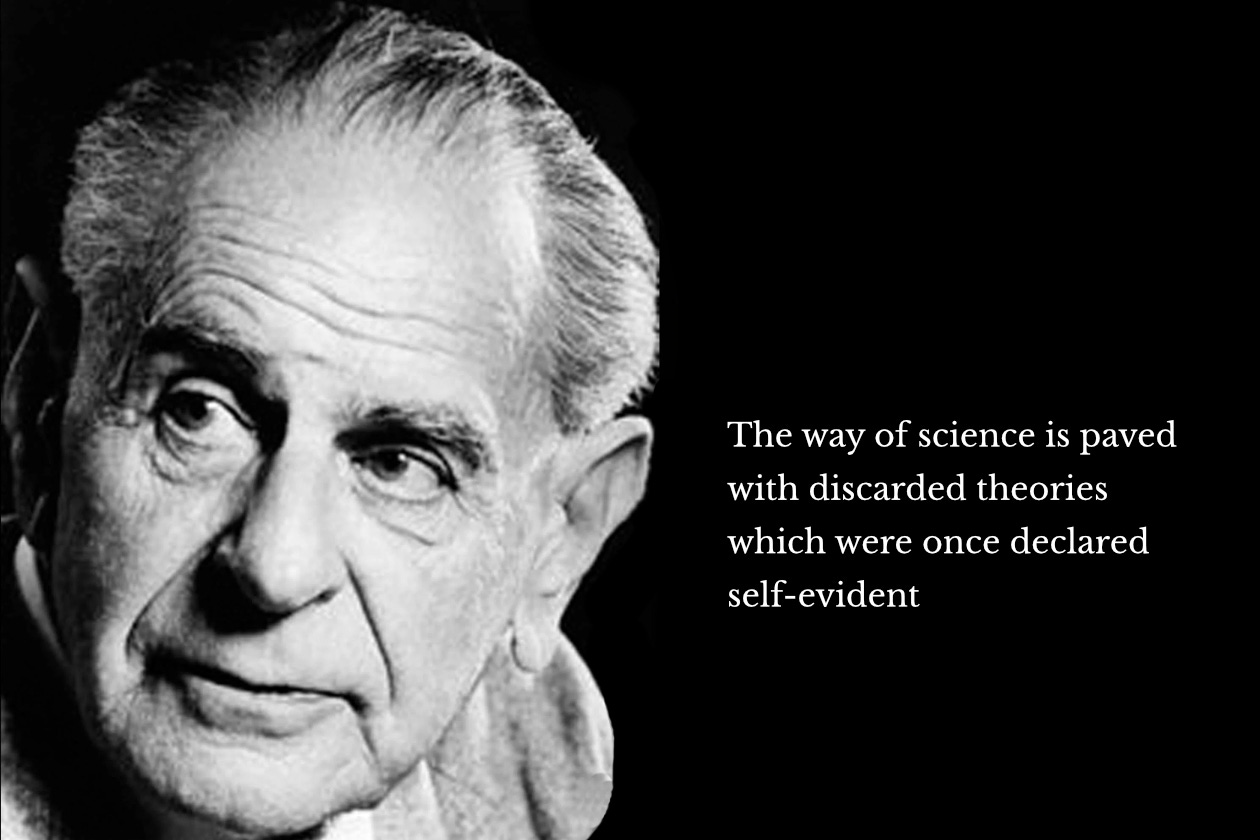The economic problem of society is a problem of the utilisation of knowledge which is not given to anyone in its totality. FA Hayek
The problem we have here is that we may be confusing cleverness with knowledge. Footballers, like pigeons, are instinctively clever at what they do but neither would be able to name the capital of Latvia. Because to answer that, you have to know stuff. Jeremy Clarkson
A good friend, with whom I often argue robustly and enjoyably, recently asked me what dependable sources of truth I rely upon. He wanted to know what source of knowledge I used to determine the best solutions to society’s problems. I was shocked; his question illustrated that I had not impressed him with the basic foundation of my personal philosophy in the decades we have known each other.
My answer was none. Regardless of source, all information should be critically examined and tested as closely as possible from first principles. Indeed, the decline of critical reasoning is possibly the world's biggest problem today. The casual acceptance of unchallenged collectivist thinking, allowing some to assume a superior source of truth over others, threatens democracy and capitalism, the twin foundations of our modern freedom and prosperity.
As anarchist and unauthorised biographer of Kim Jong Il, Michael Malice puts it,
The smartest person on earth is still ignorant of 99% of human knowledge; this is one of the key reasons central planning cannot work.
The Enlightenment and Industrial Revolution comprise the genesis of modern humanity’s longevity and abundance. We are taught that great scientists like Isaac Newton (gravity) and Robert Boyle (air pressure) enlightened us and enabled our practical mastery of our environment.
However, the contribution of practical men who sought to solve real-world problems is often understated or overlooked. Thomas Newcomen’s atmospheric engine and Thomas Arkwright’s water frame are early examples of the critical role engineering played in uncovering valuable knowledge. Simon Winchester’s book, The Map That Changed the World, brilliantly illustrates the life and work of the self-taught English canal surveyor William Smith, who became the father of modern geology.
As the English mathematician and philosopher of science Alfred Whitehead put it,
Civilisation advances by extending the number of important operations which we can perform without thinking about them.
Jeremy Clarkson’s witty article in today’s Sunday Times illustrates the value of deep domain expertise and a growth mindset. In it, he says that his farm manager, Kaleb,
knows more about cows than cows do. I’d go further. He knows more about wheat than Isaac Newton knew about gravity. But because he doesn’t read newspapers or books, he doesn’t know about anything else.
Another good friend, a farm agent in East Anglia, says that while Clarkson is tolerated, the uneducated, self-taught Kaleb is a rock star in agricultural circles.
I can still remember where I was when I first read Hayek’s essay, The Uses of Knowledge in Society, some forty years ago. It was a lightbulb moment that illuminated the idea of epistemology, the theory of knowledge and Karl Popper’s ideas of falsifiability.
Hayek observes that,
The economic problem of society is mainly one of rapid adaptation to changes in the particular circumstances of time and place; it would seem to follow that the ultimate decisions must be left to the people who are familiar with these circumstances, who know directly of the relevant changes and of the resources immediately available to meet them. We need decentralization because we can only ensure that the knowledge of the particular circumstances of time and place will be promptly used.
For this to be effective, it requires a functioning price mechanism,
The most significant fact about this system is the economy of knowledge with which it operates or how little the individual participants need to know to be able to take the right action. In abbreviated form, by a kind of symbol, only the most essential information is passed on and passed on only to those concerned. It is more than a metaphor to describe the price system as machinery for registering change.
Hayek showed how decentralised, distributed knowledge with a freely functioning price mechanism is an unrivalled means to undertake economic calculus. Popper demonstrated that open discourse and falsification exposed untruths or misinformation, rendering the term scientific consensus an oxymoron.
Both represent a struggle but are essential for human flourishing to continue. Our best hope remains practical people with domain expertise who can solve problems with growth mindsets.
Luke Temple of Here We Go Magic wrote the song "How Do I Know." It is not particularly profound, but I enjoy its uplifting tempo.







I'm a new subscriber after finding, by chance, the In The Company of Mavericks podcast. The podcast is excellent not only because you have interesting guests, but because your questions and follow up questions really dig in and get them to open up. You're good at it!
The video you shared as part of this post was one of the best, uplifting things I have seen in a long time. Thank you for it and keep up the good work.